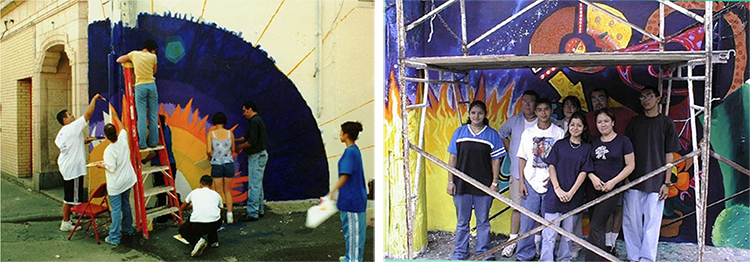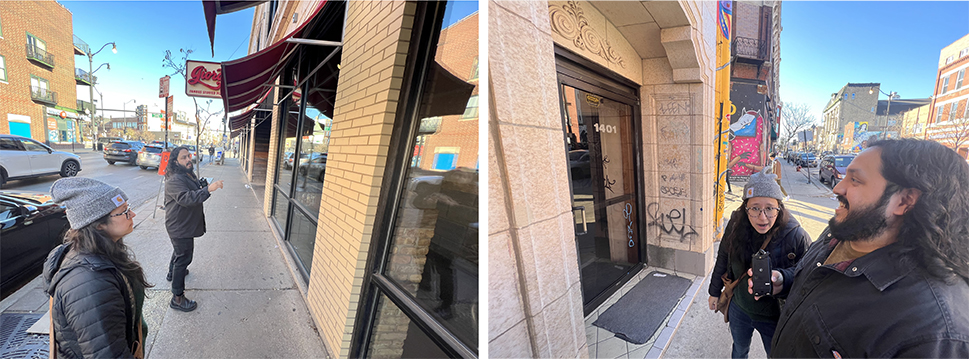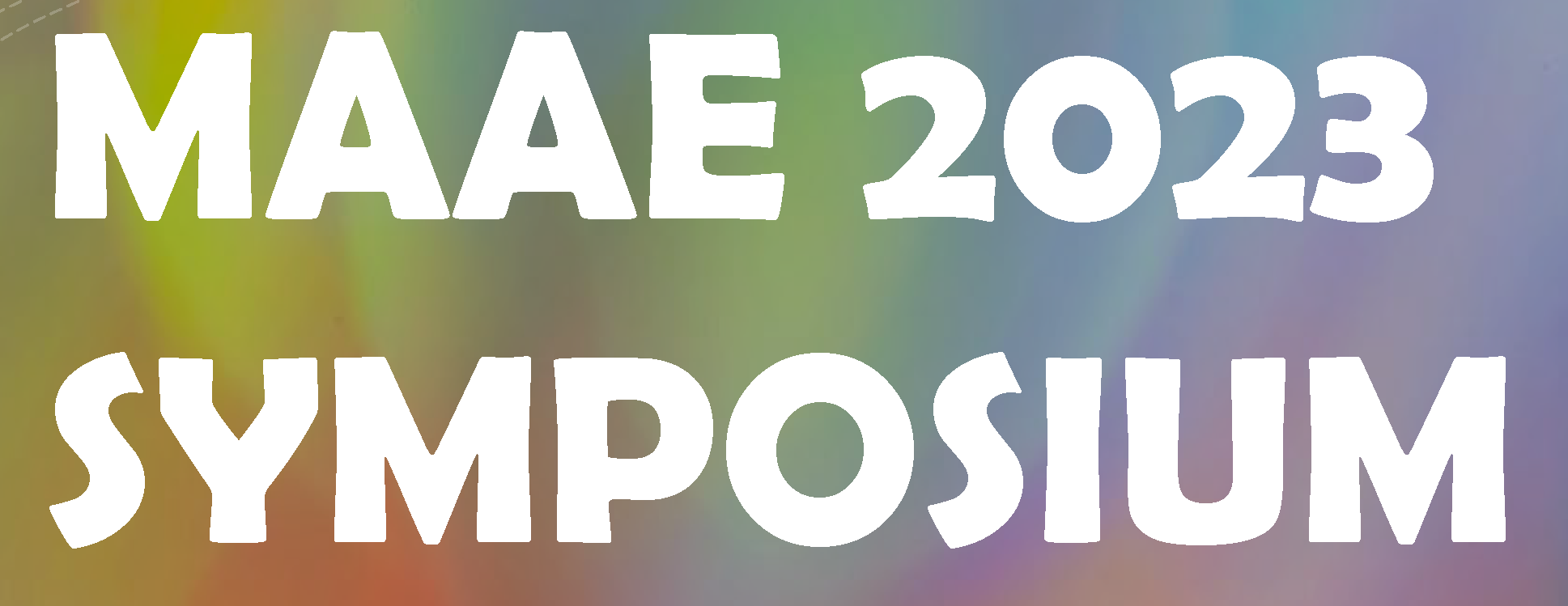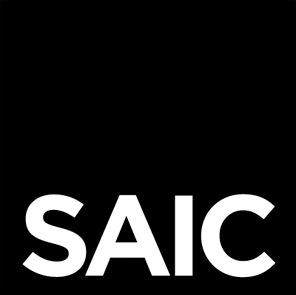Sarita Garcia is a Chicago-based artist, educator, and cultural worker, born and raised in South Tejas. Garcia holds a Bachelor in Fine Arts focusing on Fiber and Materials studies at the School of the Art Institute of Chicago and will be receiving her Master of Art in Arts Education (MAAE) in Spring 2023. Garcia is celebrating ten years of expansive experience within arts education, working alongside and in non-profits, cultural institutions, artist galleries and micro-organizations centered on youth-based art programs such as the National Museum of Mexican Art, CAPE, SAIC, Art Institute of Chicago, Marwen, Art Institute of Chciago, and Yollocalli Arts Reach. Garcia is a fiber artist and printmaker informed by architectural spaces of her vernacular culture using an image archive of markets to talk about consumerism, identity, and cultural hubs. These “Fantasyscapes” showcase a vocabulary of iconography as a means to empower and remix her reality.
With All Our Might: Unpacking 26 Years Of Youth Memory and Agency With Yollocalli Artists and Alum
Who makes up a community of youth and how are memories kept and performed? For my thesis project I collaboratively unpacked, activated and built on a continued memory of 26 years of Yollocalli youth history alongside alum, artists and educators to continue the knowledge and networks of radical Latinx youth agency in the West Side neighborhoods of Chicago. In doing so, this project not only makes visible the autonomy youth have carved for their communities and themselves, but also considers how transgenerational memory exchange can inform youth in the present.
My investigations began with an encounter in the Yollocalli archive and a photograph (1998) of Yollocalli youth painting a mural at their original building on 18th and Blue Island in Pilsen. Although I had formed relationships with Yollocalli staff and artists, I had not known much of its history except through hallway conversations. This encounter sparked the following project questions: What stories can a Yollocalli archive tell us? How can we create an archive of youth memory that responds to the radical work of the past? And how can we expand our notions of an archive and recognize it as an active site of encuentro that illuminates diverse histories and experiences? To mobilize a dialogue based upon these questions, I facilitated a clay workshop with Yollocalli Interns to shape part of an online archive by employing a responsive archival praxis through an exploration of photographs, counter-narratives, and drawing connections of cross generational artists and students. I then conducted 21 interviews with Yollocalli alum, artists, and staff to activate an existing archive and explore personal histories of connection, chosen families and community. I prompted interviewees to choose a location that best represented their memory of Yollocalli and to bring along ephemeral objects and photographs to share. Using the Protocols of a Chicana Memory Praxis described by Maria Cotera as a research methodology, conservations resulted in personal stories that took place in settings like public gardens, a produce section of a grocery store, artist studios, and hallways. These dynamic interviews with members of the Yollocalli community brought up themes of friendships, solidarity and bonds that they experienced while at Yollocalli, and that remain in their memory. The oral histories revealed insights for facilitating youth driven programming that is rooted in community based work for educators to employ, in addition to generating a memory keeping technology that is grounded in intergenerational knowledge sharing.
 Yollocalli Arts Reach 18th Street Mural 1998 (Left) Students laying down preliminary colors for the 18th Street Mural on the Yollocalli building with Artist Lead Robert Valdez. (Right) Students posing underneath their completed mural in Pilsen, Chicago. 1998. Courtesy of Yollocalli Arts Reach.
Yollocalli Arts Reach 18th Street Mural 1998 (Left) Students laying down preliminary colors for the 18th Street Mural on the Yollocalli building with Artist Lead Robert Valdez. (Right) Students posing underneath their completed mural in Pilsen, Chicago. 1998. Courtesy of Yollocalli Arts Reach. Gnomies: Archive & Clay Workshop The experimental clay workshop with Yollocalli Interns, Ferny Ruiz, Alex Colunga, Jenny Gonzalez, August Abitang, and Naye Alvarez. Yollocalli Interns created bodily vessels that grounded their findings into community and play. 2022. Courtesy of Ferny Ruiz.
Gnomies: Archive & Clay Workshop The experimental clay workshop with Yollocalli Interns, Ferny Ruiz, Alex Colunga, Jenny Gonzalez, August Abitang, and Naye Alvarez. Yollocalli Interns created bodily vessels that grounded their findings into community and play. 2022. Courtesy of Ferny Ruiz. Audio tour with Martha and Joseph Alumni (c.2010), Martha P. Osornio, provides an interactive audio tour alongside alumni and teaching artist (c.2011), Joseph Josue Mora, at the original Yollocalli building located on 18th and Blue Island in Pilsen, Chicago. Osornio and Mora shared memories of murals they painted in the hallways as teens, ominous basements and the prominance the building had as an art hub for youth. 2023. Photograph by Sarita Garcia.
Audio tour with Martha and Joseph Alumni (c.2010), Martha P. Osornio, provides an interactive audio tour alongside alumni and teaching artist (c.2011), Joseph Josue Mora, at the original Yollocalli building located on 18th and Blue Island in Pilsen, Chicago. Osornio and Mora shared memories of murals they painted in the hallways as teens, ominous basements and the prominance the building had as an art hub for youth. 2023. Photograph by Sarita Garcia.
